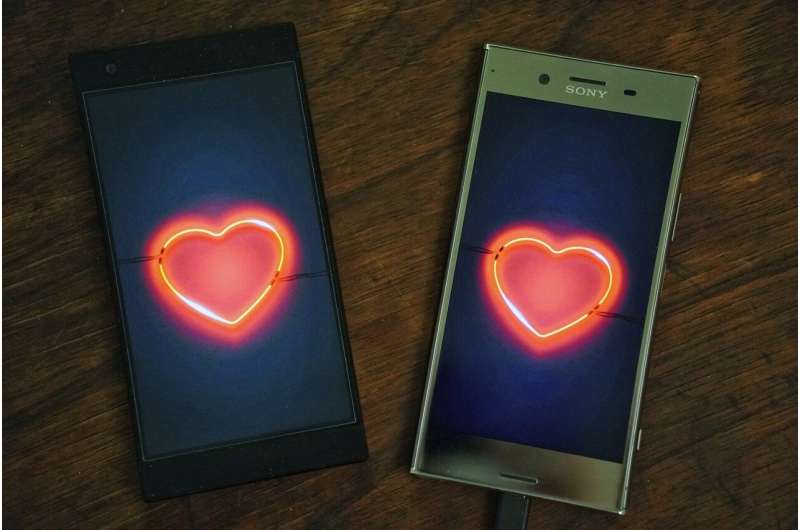
Hundreds of millions of people worldwide use dating apps. But only half of users say that they have had positive experiences. Indeed, a shocking 11% of female users under 50 have received threats of harm. Surely there's a better way to build these apps.
Dating sites and apps have made it easier to find sexual and romantic partners, expanding the pool of potential mates to include the entire internet. About 10% of heterosexual people and 24% of LGB people have met their long-term partner online. But apps have also introduced (or modernized) many ethical concerns associated with dating.
Before dating apps, many people met partners through family, friends or work, which meant that potential partners were often "vetted" by people we trusted. When you meet someone on an app, you often know nothing about them except what they choose to tell you. Making the pursuit of intimacy more private and individual has increased the potential for negative or harmful experiences.
Apps help you control how you present yourself and refine your dating pool using filters. Many see this as a helpful and liberating tool to clarify their identity and meet like-minded people. There are even dating apps exclusive to people with certain political views.
But the more discerning you can be, the more you may contribute—often unwittingly—to unjust discrimination. Many people are swiped away or filtered out on grounds of race, ability, class and appearance. For example, 99.8% of young black male sexual minority users have experienced some form of racialised sexual discrimination. And only 3% of contacts initiated by white people are to black people. Disabled people have reported receiving "insulting, pitying, or aggressive comments", or doubts about their ability to have sex.
Apps are designed carefully to hold your attention using elements and rewards that make using them feel like playing a game. This can distance your behavior from your values. You might want a few, caring and nuanced interactions, or committed romantic love, yet find yourself thrilled by notifications, or drawn into numerous sporadic conversations in ways you find alienating. Ghosting—suddenly leaving an interaction without explanation—is arguably disrespectful, but it can seem logical when apps funnel you into conversations that lead nowhere or to harassment.
Using apps even morphs into an activity in its own right, becoming less a way of meeting people and more a source of attention, validation and sexual intrigue in your pocket.
Finally, dating apps encourage users to objectify each other through rapid judgment based on appearance. From rapid swiping with little information beyond a picture on apps like Tinder, to Grindr's grid of torsos, dating apps make it easy to dismiss with a glance.
This article is republished from The Conversation under a Creative Commons license. Read the original article.![]()
Citation: The problems with dating apps and how they could be fixed—two relationship ethicists explain (2024, February 13) retrieved 13 February 2024 from https://techxplore.com/news/2024-02-problems-dating-apps-relationship-ethicists.html
This document is subject to copyright. Apart from any fair dealing for the purpose of private study or research, no part may be reproduced without the written permission. The content is provided for information purposes only.
